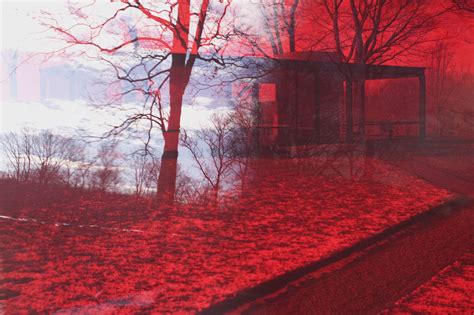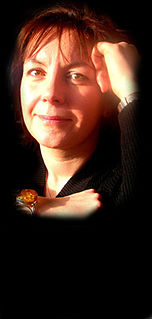A Quote by Fay Godwin
I had no aspirations to become a landscape photographer at all. In fact it was portraiture that was my beginning, I suppose. I have always been a very keen walker, though, and I often took a camera with me on my walks. But I was, and still am, an avid reader and so when I first started I chose to photograph many of the great writers in this country to try and earn a living.
Related Quotes
When I first asked to take pictures of women at their homes, I was using my formal camera and I struggled to get the shots because I was still very much in the role of the photographer. Then the next time I had this little digital camera and their response to me would be completely different - I was a friend and I got new kinds of pictures. I was always treading a line between photographer and friend.
A photograph records both the thing in front of the camera and the conditions of its making... A photograph is also a document of the state of mind of the photographer. And if you were to extend the idea of the set-up photograph beyond just physically setting up the picture, I would argue that the photographer wills the picture into being.
Bypasses are devices that allow some people to dash from point A to point B very fast while other people dash from point B to point A very fast. People living at point C, being a point directly in between, are often given to wonder what's so great about point A that so many people from point B are so keen to get there and what's so great about point B that so many people from point A are so keen to get there. They often wish that people would just once and for all work out where the hell they wanted to be.
So many writers come to class with one question dominant in their mind, 'How do I make a living from this?' It's a fair enough question and one I always try to answer well- but it saddens me that it so often overshadows the more relevant questions of 'why am I writing' and 'what am I saying' and 'how do I keep it honest.
It's becoming clearer and clearer to me that the world is there to be celebrated by writers, and in fact this is what all the good ones do, and that the great fashion for gloom and grimness was in fact a false path that certain writers took, I think in response to the horrors of the first half of the twentieth century.
When I was in my late twenties, a friend suggested that, since I was an avid SF reader and had been since I was barely a teenager, that since it didn't look like the poetry was going where I wanted, I might try writing a science fiction story. I did, and the first story I ever wrote was 'The Great American Economy.'
Anything would be better in the US than what you have. As a government it's really very low quality, given the fact that this country produces eminent intellectuals, has great universities, and then the people who arrive in government are very mediocre. The Latin American situation has been very different in the first place, because writers have spoken for those who have no voice. The rate of illiteracy, poverty, joblessness in Latin America has been so great throughout our history that if the writers didn't speak out for the people, nobody would.


































